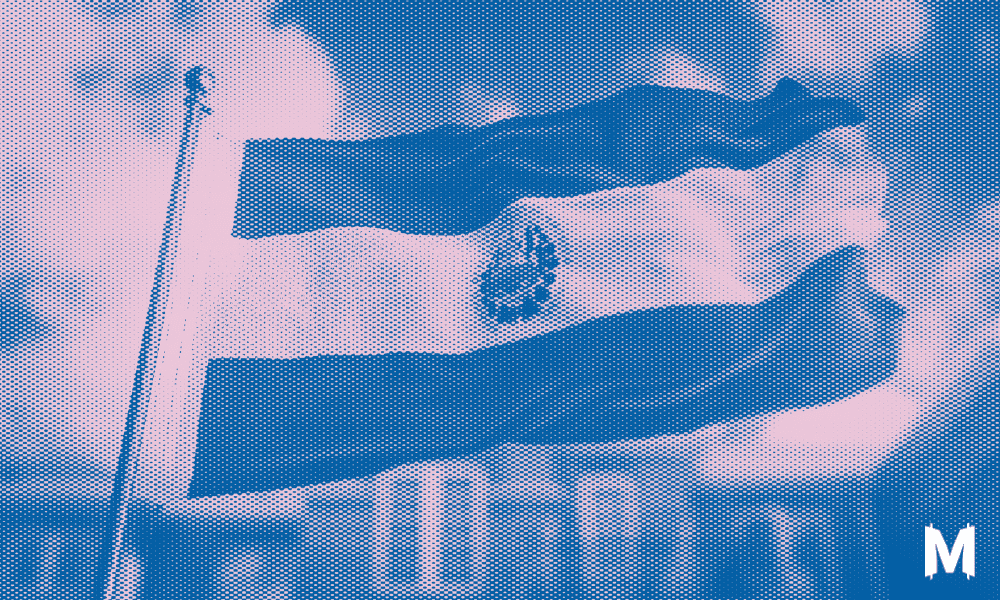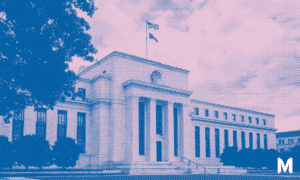Earlier this week president Nayib Bukele announced in a Tweet that he submitted two bills to secure funds for a government bond buyback. The plan is to buy back sovereign bonds that mature in 2023 and 2025.
El Salvador’s Finance Minister Alejandro Zelaya followed up with a statement on the local television broadcasting network TCS, stating: “We are not going to buy the total debt”. According to Zeleya, El Salvador has around $560 million available for the bond buyback.
The total government bonds maturing in 2023 and 2025 amount to a total of $1.6 billion.
Most countries that have their own central banks and issue their own currency can’t technically default, since they can print more money to pay back their debts. El Salvador abandoned its own currency, the Salvadoran colón in 2001 in favor of the US dollar.
Many countries that have struggled with unstable currencies, high inflation or even hyperinflation, such as Zimbabwe, have adopted the US dollar or several currencies as legal tender. But unlike the United States government, which can tap into the Federal Reserve, El Salvador cannot print more dollars to pay back its dollar-denominated debt.
El Salvador has to earn these dollars through taxation or the sale of goods and services in exchange for dollars.
The country, according to mainstream financial analysts, is facing a sovereign debt crisis. Some have speculated that El Salvador might default on its government debt. In the last year, El Salvador made bitcoin legal tender in the country and purchased over one hundred million dollars worth of bitcoin.
The bitcoin investment is now down by over 50%, with some spectators expecting El Salvador to default on its government debt, in part because of the current bitcoin bear market.
One of the main fears was that El Salvador wasn’t willing to pay its debt. Bukele’s statement that the government would buy back part of its debt was meant to demonstrate that his government has the willingness and liquidity to pay.




